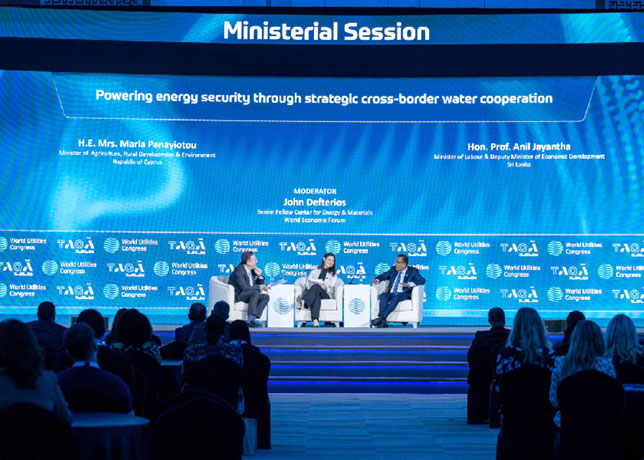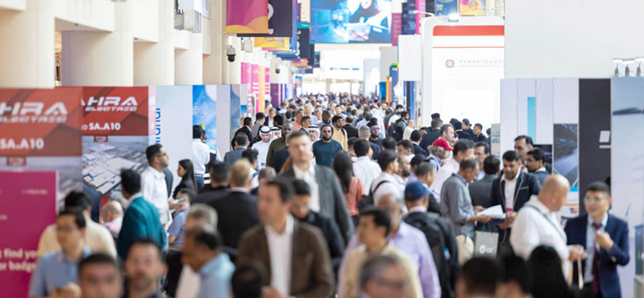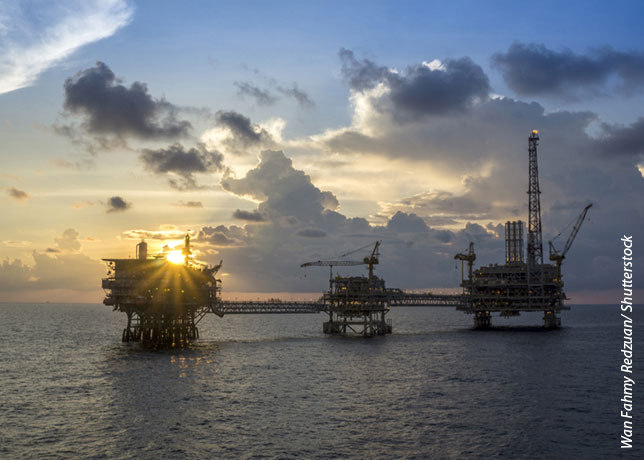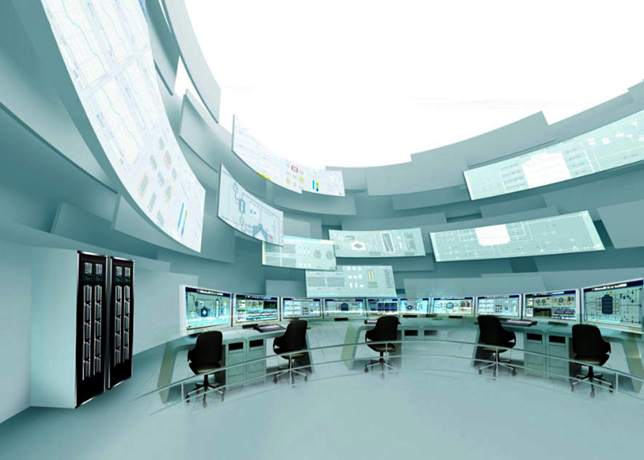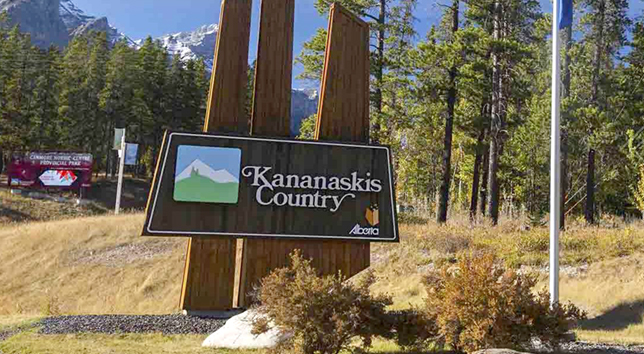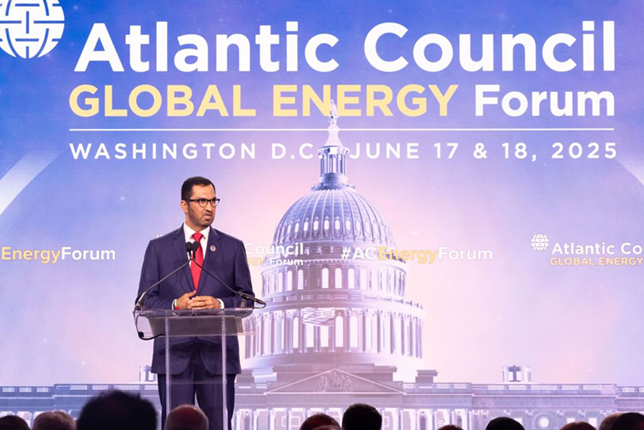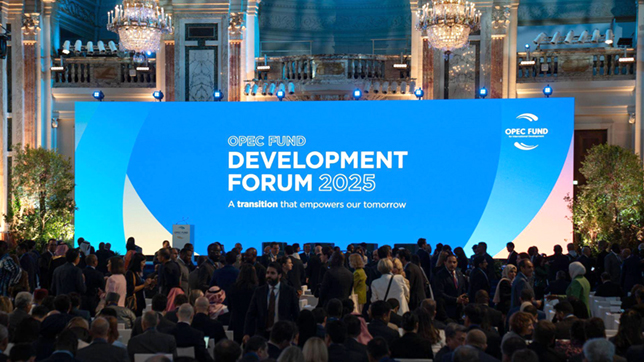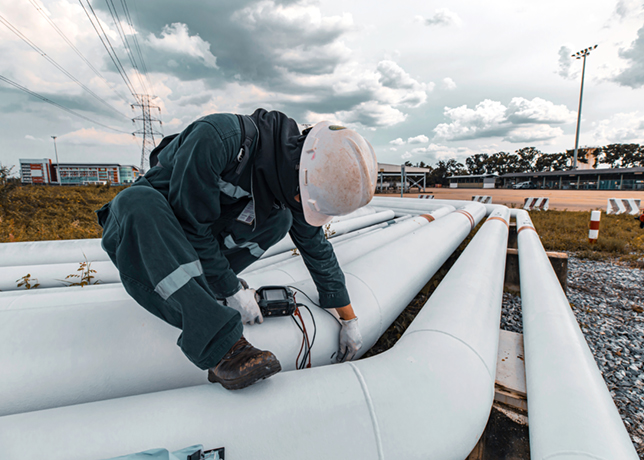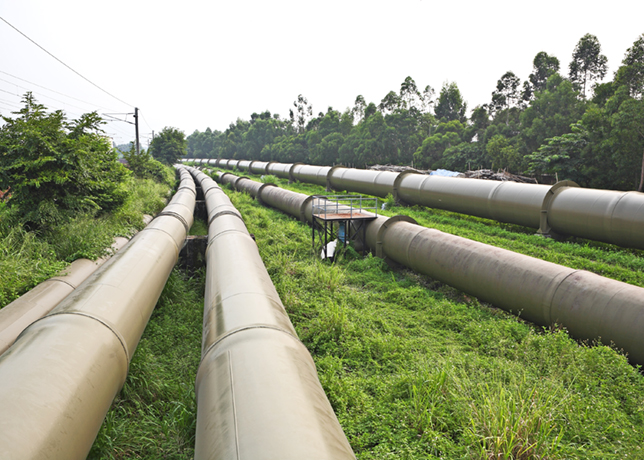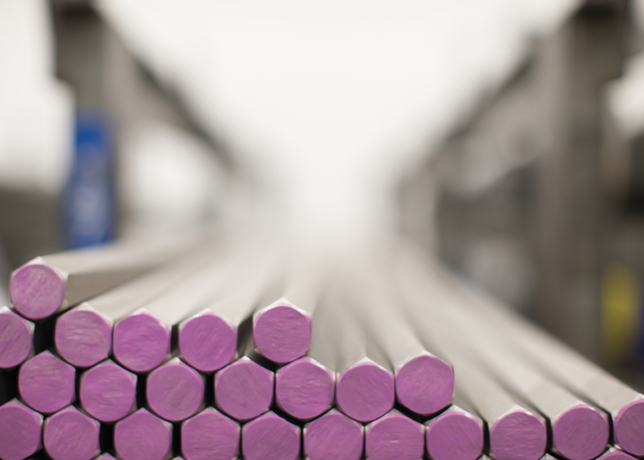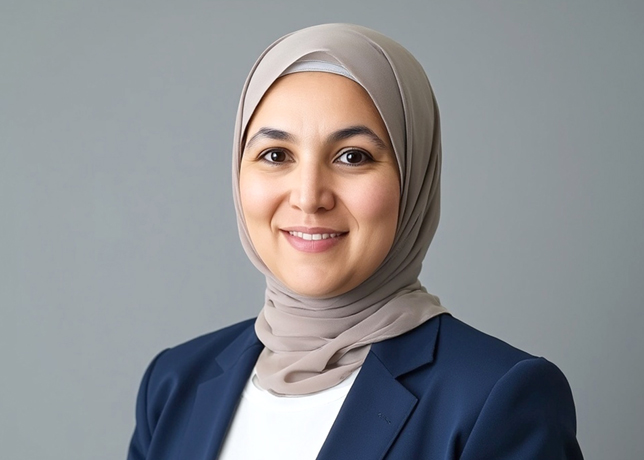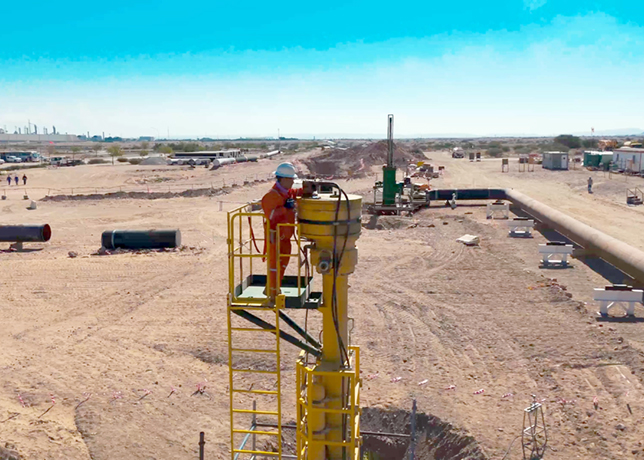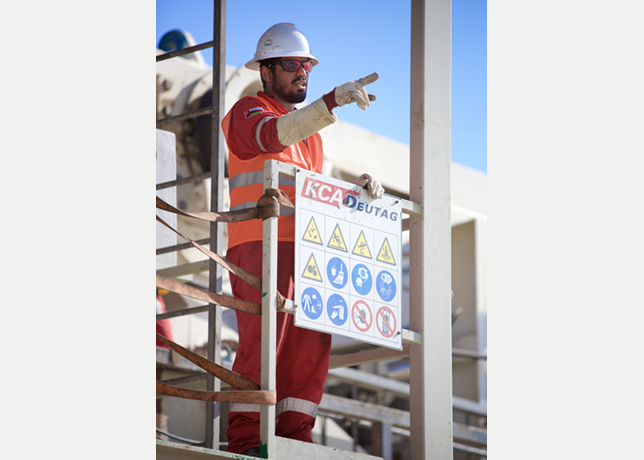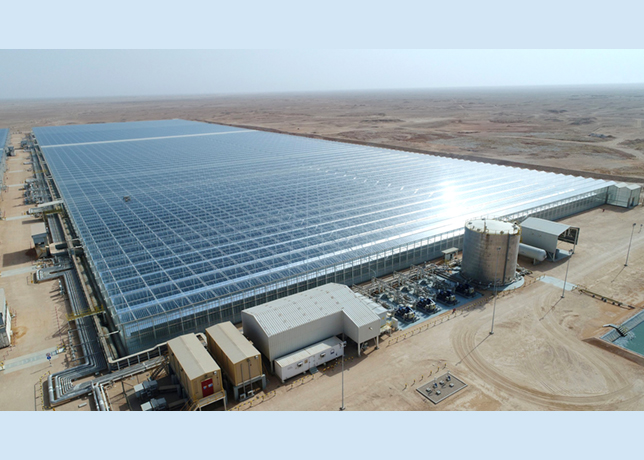
 Investor confidence in Saudi industry in high.
Investor confidence in Saudi industry in high.
Saudi Arabia's mixed feelings at the prospect of foreign investment must necessarily rub off on Sabic one of the region's leading petrochemical companies.
While foreign investment pours into two of its largest industrial cities, Jubail and Yanbu, foreign banks are still leery of lending to Saudi corporates, however well established that might be.
While sentiments on both sides have been fanned by political events, it has had a significant impact on Saudi Arabia's corporate enitities.
Being a powerful member of these, Sabic has felt its effects as well, in the overral reluctance of foreign banks to finance its recent $2,300 million debt package for its acquisition of Netherlands-based DSM Petrochemicals.
Presentations have been made to interested banks in Dubai and London, and it is expected that credit committees will reach final decisions on the deal by mid-November.
The deal has been well received by Gulf banks in particular, following its launch to syndication mid last month.
"We would anticipate ending up about the middle of the bid/offer spread of $200 million-400 million," a banker close to the transaction is reported to have said.
"A lot will come from the Gulf, but we expect a number of Benelux institutions will be attracted by the limited recourse tranches."
In contrast to the Western banking sector's reticence, Jubail and Yanbu are witnessing a spate of private investment, much of which is from outside the region.
The projects will complement the well-established facilities operated by the Sabic affiliates.
Abundant natural gas resources, new process technologies and economies of scale are the driving forces behind a number of new polyolefin and other plastic manufacturing facilities being developed in the cities.
The activity is a reflection of the confidence of investors in Saudi Arabia's industrial infrastructure and the commercial viability of petrochemical projects.
Saudi International Petrochemical Company, for instance, (SIPC) signed a joint venture agreement with a Japanese consortium for a methanol plant in Jubail with an annual capacity of 970,000 tonnes.
The Saudi Industrial Development Fund had agreed to fund the project with $107 million.
But not all is smooth sailing. A venture involving foreign coopertaion that has stalled is the gas initiative, under which western oil companies were set to invest $20 billion to $25 billion to explore and gain access to natural gas to be used in downstream petrochemicals projects, appears to have stalled.
But rather than waiting for foreign investors to come home, Sabic for one is doing all it can to go to their home territories, as evidenced in its DSM stake.
As Sabic management and policy-makers chart the latest phase of growth, they will turn to expanding the Corporation's overseas interests.
Earlier this year, the company was engaged in duscussions with Italy's Eni, aimed at a joint venture between the Italian oil and gas company's petrochemical assets and its own.
Eni was to sell its 51 per cent stake in petrochemical unit Polimeri Europa - an olefins and polyethylene producer - to Sabic by the end of March.
Despite Eni's seeming keeness to divest its stake in a division which registered an operating loss of 332 million euros last year after a 4 million euro operating profit the year before, the discussions bore no fruit, as Eni decided against the sale.
Sabic is also said to have engaged in negotiations with ''several other companies'' in the US, Europe and Japan during the course of the year, as it identified manufacturing opportunities offering good conditions for investment.
It was these discussions that eventually led to its equity stake in DSM NV.
DSM had previously said it wanted to divest its petrochemicals unit, which has an annual turnover of about three billion euros ($2.71 billion).
That move is part of the group's strategy to focus on higher margin speciality chemicals, where it aims to double annual sales to 10 billion euros by 2005.
Sabic vice chairman and managing director Mohamed Al Mady is a keen proponent of an expansionist Sabic, informing reporters last year that some talks were at an advanced stage, ''especially in Europe.''
''We have no timetable for conclusion. We are flexible,'' he said.
Sabic also announced that, in conjunction with German partner Linde AG, it had developed new technology last year for producing linear alpha olefins.
Under development since 1993, the new process - trade-named Alpha-Sablin - can produce lower-cost butene-1, hexane-1 and octene-1 comonomers used in the production of linear low density polyethylene, according to the company. Sabic will consume some of these comononers in its own production, and the balance will be exported worldwide.
Sabic has also expressed an interest in looking into new methods to finance ventures ranging from plant expansions to greenfield projects.
In order to successfully do so, however, it is necessary for the firm to tap international financing resources.
The Corporation is said to be especially interested in long-term loans from a broad array of international banks.
Sabic has traditionally expanded via the joint venture route, either at home or abroad.
At home, the vast majority of manufacturing affiliate are joint ventures, often with major international companies.
Saudi Methanol Company (Ar Razi) is a 50:50 joint venture between Sabic and a consortium of Japanese companies led by Mitsubishi Gas Chemical Company. Saudi Petrochemical Company (Sadaf) is a 50:50 joint venture between Sabic and Pecten Arabian Company, a subsidiary of Shell Oil Company (USA).
National Methanol Company (Ibn Sina) is owned by Sabic (50 per cent), Hoechst-Celanese of the US (25 per cent) and Pan Energy of the US (25 per cent).
Saudi-Yanbu Petrochemical Company (Yanpet) is a 50:50 joint venture with ExxonMobil.
Al Jubail Petrochemical Company (Kemya) is a 50:50 joint venture between Sabic and ExxonMobil.
Eastern Petrochemical Company (Sharq) is a 50:50 joint venture between Sabic and a consortium of Japanese companies led by Mitsubishi Corporation.
National Plastic Company is owned 86.5 per cent by Sabic, 10 per cent by National Industrialisation Company (NIC) of Saudi Arabia, and two Saudi plastic product companies.
Saudi European Petrochemical Company (Ibn Zahr) is owned by Sabic (70 per cent), Neste Oy of Finland (10 per cent), Ecofuel of Italy (10 per cent) and Arab Petroleum Investment Corporation (APICORP), also with 10 per cent.
Arabian Industrial Fibers Company (Ibn Rushd) is owned by Sabic (51.7 per cent) and 15 Saudi and regional private sector partners.
Al Jubail Chemical Fertilizer Company (Samad) is a 50:50 joint venture between Sabic and Taiwan Fertilizer Company.
Saudi Arabian Fertilizer Company (Safco) is owned by Sabic (41 per cent), Safco employees (10 per cent) and private Saudi shareholders (49 per cent).
National Chemical Fertilizer Company (Ibn Al Baytar) is a 50:50 joint venture between Sabic and Safco.
National Industrial Gases Company (Gas) is owned by Sabic (70 per cent) and a group of Saudi producers of industrial gases (30 per cent).
Ibn Hayyan Plastic Products Company (Tayf) is owned by Ibn Hayyan (51.17 per cent), Saudi Industrial and Commercial Agencies Company (30.83 per cent), Saudi Industrial Development Company (Tatweer) with 10 per cent and Saudi Ceramic Company (two per cent).
Bahrain-based Sabic affiliate Gulf Petrochemical Industries Company (GPIC) is an equal joint venture between Sabic, Kuwait's Petrochemical Industries Company (PIC) and Bahrain.










